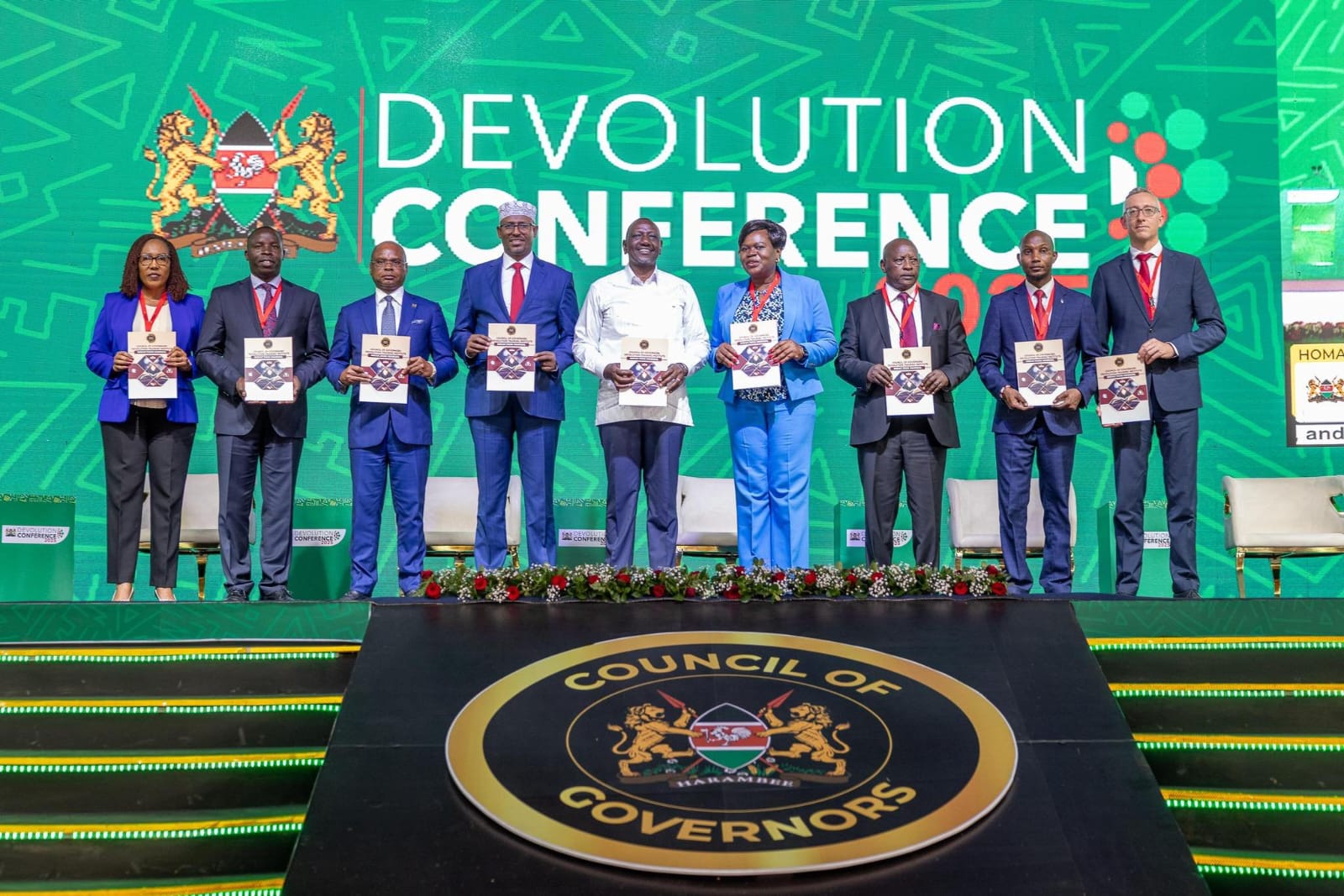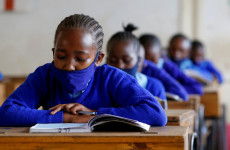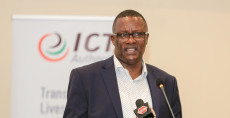Devolution in Kenya is a journey of reform, a bold move to reshape the nation's governance and development system. This journey, expressed at the ongoing Devolution Conference 2025 in Homa Bay County, is a testament to both the challenges and the success of a system designed to bring power and resources closer to the people.
Decentralized government is not a new concept in Kenya. The Kenya African Democratic Union
(KADU) in 1963, advocated for a robust form of devolution as a fundamental part of the independence constitution in order to protect the interests of smaller communities.
But over time, the presidency came to have more and more authority, a trend that characterized a large portion of Kenya's post-independence history.
During the 1990s and 2000s, the fight for a new constitutional order revived interest in devolution. It was viewed as a means to resolve past grievances, solve regional disparities in growth, and stop the excessive concentration of power that had resulted in ethnic conflicts and corruption.
The result of this prolonged battle was the 2010 Constitution, which Wajir Governor Ahmed Abdullahi correctly describes as the "
best gift Kenyans gave themselves."
With the establishment of 47 county administrations, each with its own assembly and executive branch, this landmark legislation greatly altered the composition of the Kenyan state. The process of creating a new governance structure was started in 2013 with the first elections held under this new system.
The Devolution Conference 2025, running from August 12th to 15th, is a critical moment in this journey.
The overall theme, "For the People, For Prosperity: Devolution as a Catalyst for Equity, Inclusion and Social Justice," and the day's theme of "Good Governance" on Wednesday, August 13, 2025 set the stage for an in-depth analysis of the devolution process.
The conference was officially opened by William Ruto, President of the Republic of Kenya. In his address, he highlighted the national government's commitment to the devolution agenda.
His commitment to
launch the Council of Governors Devolution Training Institute (DTI) Training Manual and the official opening of the Ugatuzi Amphitheater on August 13, 2025, are significant new developments and a symbol of the enduring legacy of devolved governance in Homa Bay.
Gladys Wanga, Homa Bay County Governor issued her remarks at the opening ceremony highlighting a deliberate focus on inclusivity by involving Civil Society Organizations (CSOs) in the conference. More importantly, she showcased tangible results from her county's efforts.
“The remarkable
achievement of going 96 days without any maternal mortality is the effort of a robust and functional MPDSR committee and empowerment of all HCWs including CHPs,"she said.
She also reiterated her commitment to tackling the "triple threat" of GBV, new HIV infections, and teenage pregnancy, issues that are best addressed with localized, community-level interventions, the very essence of devolution.
President William Ruto, echoed the
sentiment that counties are "critical frontiers and powerful drivers of both national and local growth."
The conference itself, with its exhibition area showcasing "groundbreaking innovations" and "County success stories," serves as a dynamic hub for solutions and innovations and a space for Inter-County idea exchange.
New developments at the conference, which is still ongoing as of Thursday, August 14th, include discussions on the day's theme of "Human Rights and Social Justice." This signifies a deepening of the conversation beyond administrative and financial matters to the core principles of equity and dignity.
As delegates deliberate on how to make counties excellent service delivery, the discussions are also expected to generate "practical proposals" for bridging the socio-economic divide, a key sub-theme of the conference.






-1768199769-md.jpg)



